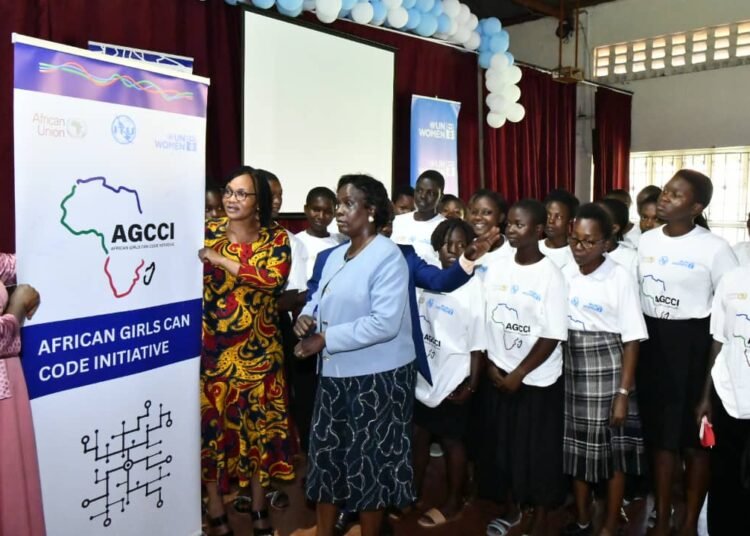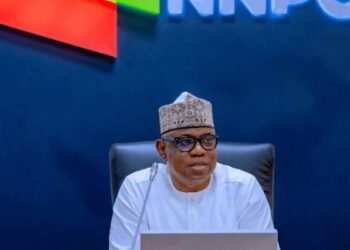UN Women, alongside the Government of Uganda and the African Union Commission, launched the third phase of the African Girls Can Code Initiative (AGCCI) today at Wanyange Girls’ Secondary School in Jinja, marking a significant step toward closing the gender digital divide in Africa.
The AGCCI, a flagship continental program started in 2018, equips adolescent girls with critical digital skills in coding, robotics, and technology innovation. With thousands already trained across Africa, Uganda is now expanding the initiative nationwide to nurture the next generation of female tech leaders.
Dr. Joyce Abaliwo Mulebeke, State Minister for Gender, Women and Children Affairs in the Busoga Kingdom, hailed the program as a cornerstone of Uganda’s push for STEM and digital inclusion. “We’re investing in girls as future creators, coders, and innovators who will shape Uganda and Africa’s digital landscape,” she said, urging students to leverage education for economic empowerment.
The launch event showcased a new Coding Hub at Wanyange Girls’ Secondary School, described by Headmistress Deborah Basekanakyo as a “groundbreaking opportunity” for girls in Eastern Uganda. “This hub is a safe space for learning and transformation,” she said. “We must make it work.”
ALSO READ: TANZANIA:EACOP PROJECT 60% COMPLETE, CREATES 6,000 JOBS
Grace Bulenzi, Programme Specialist for Gender Statistics at UN Women Uganda, delivered remarks on behalf of Country Representative Paulina Chiwangu, highlighting the stark digital gender gap. “Only 26% of women in Uganda are online, compared to 45% of men,” Bulenzi noted. “This program is a movement to change that.”
The initiative kicked off with a 10-day coding boot camp, where 60 girls received hands-on training in web development, programming, design thinking, and robotics.
Graduates were awarded certificates during the launch, which also featured a live coding demonstration, alumni testimonials, and remarks from local leaders, parents, and representatives from the Ministries of Education and Sports and ICT and National Guidance.






























































